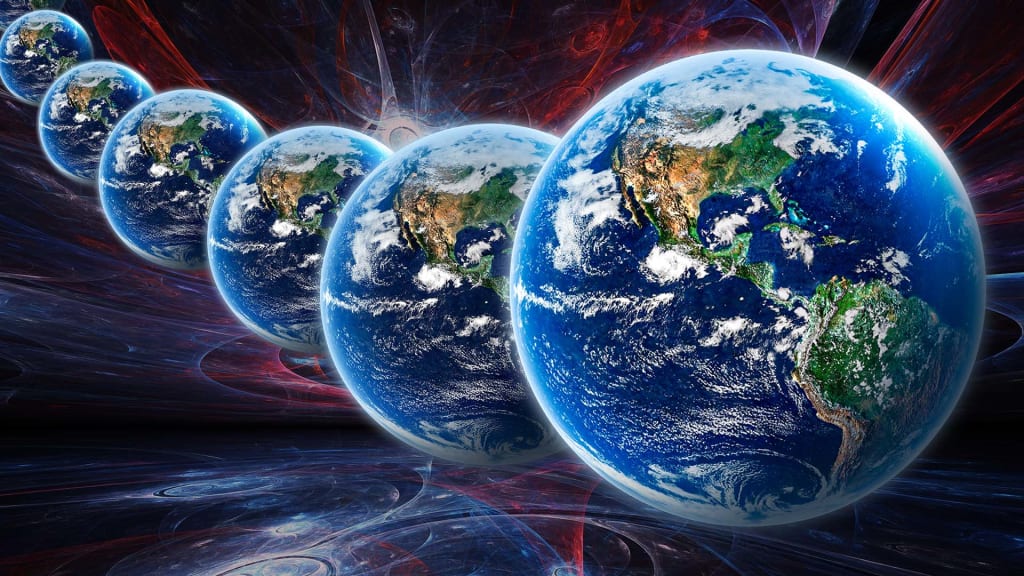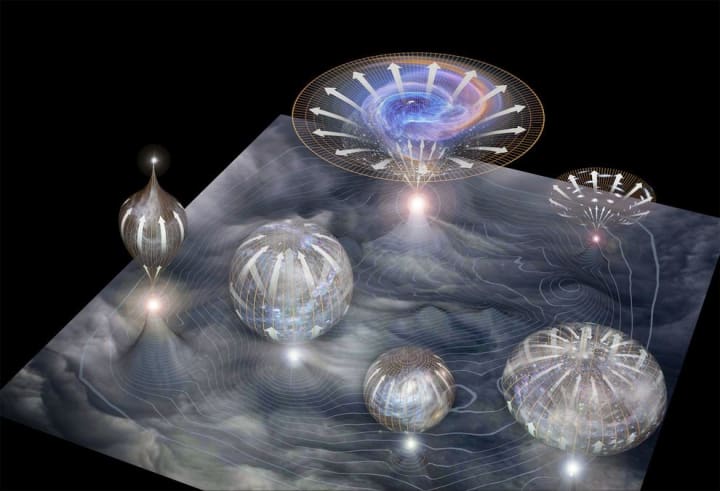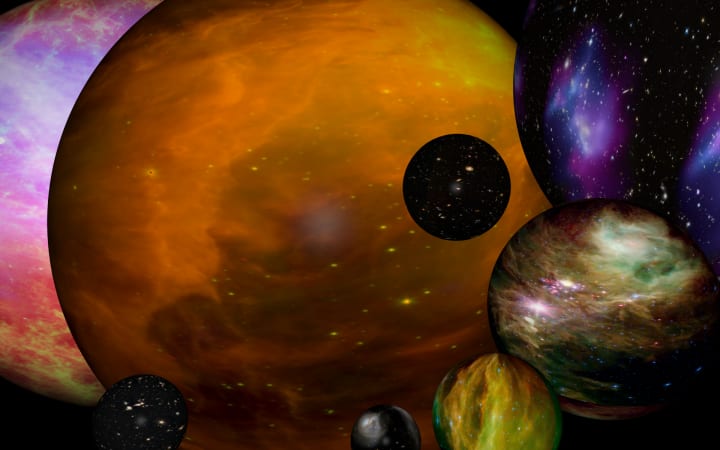Exploring the Enigma of Parallel Universes: A Journey into the Multiverse
Exploring the facts of parallel universe

The concept of parallel universes, also known as the multiverse, has fascinated scientists, philosophers, and science fiction enthusiasts for decades.
This intriguing idea suggests that our universe is just one of countless others, each with its unique set of physical laws, history, and even versions of ourselves. While the existence of parallel universes remains a theory, it opens up a realm of possibilities that challenges our understanding of the cosmos.
In this article, we will embark on a journey to explore the enigma of parallel universes and the fascinating implications they hold for our understanding of reality.
Theoretical Foundations
Many-Worlds Interpretation: One of the most well-known theories supporting the existence of parallel universes is the Many-Worlds Interpretation (MWI) of quantum mechanics.
Proposed by physicist Hugh Everett III in 1957, MWI posits that every quantum event results in the creation of multiple universes, each representing a different outcome. For example, in a quantum experiment, if an electron can exist in multiple states simultaneously, MWI suggests that each possible state occurs in a separate universe.
Inflationary Cosmology: The theory of cosmic inflation, proposed by physicist Alan Guth, suggests that our universe underwent a rapid expansion shortly after the Big Bang. In this scenario, regions of spacetime might continue to inflate independently, creating bubble universes. Each bubble universe could have its own physical laws, constants, and even dimensions.
Exploring the Multiverse

Infinite Diversity: The concept of parallel universes implies an infinite diversity of possibilities. This diversity could range from minor variations, such as slightly different versions of historical events, to profound differences in the laws of physics, such as the existence of alternate dimensions or entirely different forms of matter.
Alternate Histories: Parallel universes provide a framework for exploring alternate histories. Authors and filmmakers have long used this idea to craft compelling stories, such as Philip K. Dick's "The Man in the High Castle," where the Axis powers won World War II, or the film "Sliding Doors," which explores two different life paths of the same character based on a single choice.
Quantum Immortality: Some interpretations of the multiverse suggest that our consciousness might continue to exist in the universe where we survive, effectively granting a form of "quantum immortality." In this view, you would always experience the branch of reality in which you survive, even in the face of life-threatening situations.
Scientific Challenges and Future Exploration

While the concept of parallel universes is tantalizing, it poses significant scientific challenges. Observing or directly detecting these alternate realities remains an elusive goal. Furthermore, critics argue that the multiverse theory may be untestable and thus fall outside the realm of empirical science.
Nonetheless, ongoing research in cosmology and quantum physics continues to push the boundaries of our understanding. Experiments involving quantum entanglement and cosmic microwave background radiation may provide insights into the existence of parallel universes.
The Ethical and Philosophical Implications of Parallel Universes
While the concept of parallel universes primarily resides within the domain of science and speculative fiction, it also raises profound ethical and philosophical questions that challenge our understanding of morality, identity, and the nature of reality.
Moral Dilemmas: The existence of parallel universes prompts us to consider the implications of our actions in an infinite multiverse. If every possible choice leads to a branching of realities, are we morally accountable for every outcome, even those we didn't directly cause? Ethical dilemmas such as the trolley problem take on new dimensions when we ponder the potential existence of countless parallel worlds where every choice leads to a different outcome.
Identity and Self: The concept of parallel universes challenges our notions of personal identity. If there are infinite versions of ourselves in different universes, what does it mean to be "me"? Does our sense of self extend beyond our immediate reality? Philosophers have grappled with these questions, exploring how the self might transcend the boundaries of a single universe.
Free Will: The idea of parallel universes also influences discussions on free will. If every possible choice is realized in some parallel universe, does this imply that our choices are predetermined, or do we possess genuine agency over our lives? These questions resonate with age-old philosophical debates about determinism and free will.
Ethical Responsibility: Considerations of ethical responsibility extend beyond personal actions. The multiverse theory invites contemplation of humanity's collective responsibility for the state of the cosmos. If alternate realities exist with different outcomes for major historical events, it raises questions about the choices we make as a society and the moral implications of those choices.
Existential Reflection: Philosophers have often pondered the meaning and purpose of life. The concept of parallel universes adds a new layer to these reflections. If our existence plays out differently in countless other universes, does this challenge or reinforce our sense of meaning and purpose? Some might argue that the multiplicity of realities underscores the importance of each individual's unique experience.
Conclusion
The idea of parallel universes, while deeply speculative, has captured the imagination of scientists and storytellers alike. It challenges our conventional notions of reality, offering a glimpse into a cosmos where anything is possible.
Whether parallel universes remain a tantalizing theory or become a fundamental aspect of our understanding of the universe, they remind us that the cosmos is far more mysterious and wondrous than we can currently comprehend.
As science and exploration continue, the multiverse will undoubtedly remain a subject of intrigue and fascination for generations to come.
About the Creator
Enjoyed the story? Support the Creator.
Subscribe for free to receive all their stories in your feed. You could also pledge your support or give them a one-off tip, letting them know you appreciate their work.





Comments
There are no comments for this story
Be the first to respond and start the conversation.